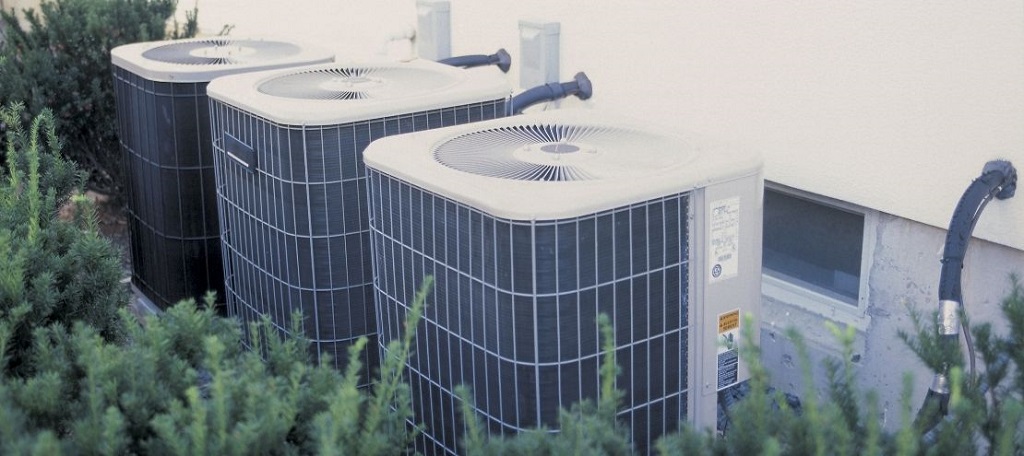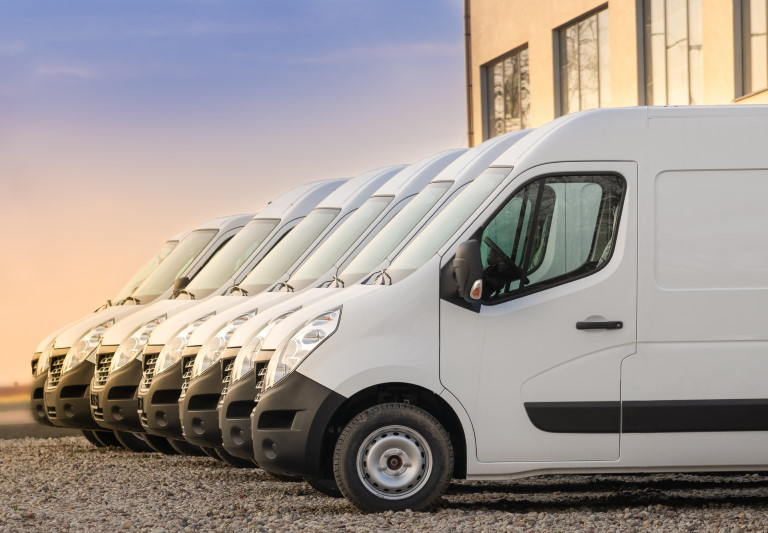5 Factors to Consider Before Installing an HVAC System

Whether you’re building a new home or looking to replace an old system, choosing the right HVAC system is important. Here are five factors to consider before you make your final decision.
Size is a big factor in selecting the right Arvada HVAC unit for your home. Too small, and you won’t have enough cooling power for hot weather; too large, you’ll have an inefficient system.
Climate
As you likely know, the climate affects your HVAC system. For example, your AC is much more likely to suffer from moisture-related failures if you live in a humid climate.
Likewise, if you live in a dry climate, it is more likely that your air conditioner will need to cool the outside air more thoroughly than it would in an area with lots of humidity.
Fortunately, there are ways to minimize the impact of climate change on your HVAC system. For example, installing eco-friendly heating and cooling technologies will reduce energy consumption and greenhouse gas emissions.
Size
An HVAC system’s size directly affects how it works and how comfortable your home is. A system that’s too small won’t adequately heat or cool your space and may cause health and safety issues, reduce the system’s lifespan, and waste energy.
The most common sizing process is called “Manual J.” It uses several factors to determine how much capacity you need for heating and cooling, including design, extreme, and part loads.
Loads are determined by weather conditions that bring heat into a building, building design, and other internal factors like people, lighting, equipment, and fresh air. These loads are weighed against the capacity of your HVAC system to ensure you get enough to meet your home’s needs without overworking the system.
Energy Efficiency
Energy efficiency is one of the most cost-effective ways to reduce greenhouse gas emissions and pollution. It also cuts energy costs on a household and economy-wide scale.
While many people think of energy efficiency as just saving on electricity bills, it is far more than that. It’s a major part of the global fight against climate change because it enables us to transition to renewable energy, which doesn’t produce harmful pollutants.
Choosing the right equipment is the most important step to making your HVAC system more energy efficient. Look for systems that have SEER and AFUE ratings, and opt for Energy Star-certified products to maximize your savings.
Features
Choosing the right HVAC system for your home ensures you get the best comfort. Modern systems come with features that offer better efficiency and reliability than older models.
The size of your HVAC unit should be determined by your home’s climate and how much space you need to heat or cool. Using an incorrect-sized unit can result in uneven temperatures and high energy consumption.
Most modern HVAC systems include a variable-speed motor that blows air at different speeds throughout the house, offering more control over temperature distribution and energy use. This type of motor is not only more energy efficient but also lasts longer than a single-speed model.
Warranty
Buying a new HVAC system is a big investment, so you need to ensure it’s worth the money. That means researching the best system for your home and finding a reliable contractor that will do good work.
Manufacturers often offer warranties on their equipment, which typically cover parts for some years. They’re important because they help ensure the product lasts as long as possible.
However, knowing what your warranty won’t cover is also important. For example, many warranties exclude dirty filters or other supplemental maintenance issues.








+ There are no comments
Add yours